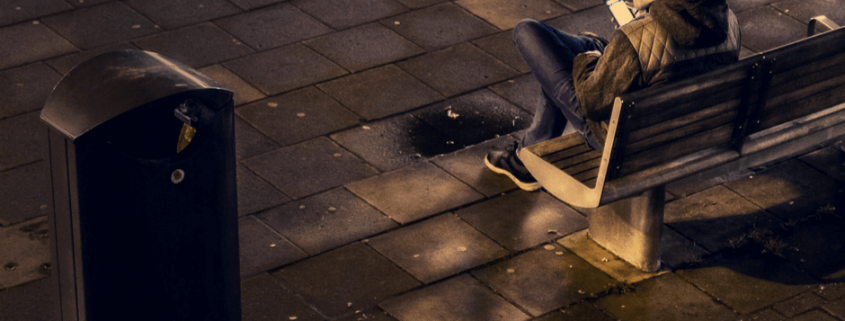The opiate group of drugs includes heroin, morphine, codeine, fentanyl and OxyContin. This class of drugs are considered sedatives and are commonly used to alleviate pain, especially after surgery and is often prescribed to cancer patients. Codeine is more moderate opiate and is found in many over-the-counter cold and flu medications. Just like heroin, codeine is also addictive. Addiction to prescription medication is just as serious as addiction to any other drug.
How do opiates work?
Opiates affect the part of the brain that is associated with dopamine pathways which leads to a user experiencing initial euphoria but large amounts may lead to respiratory failure or even death. Overdosing is especially common with heroin addicts as the quality and purity of drugs bought on the street varies and as tolerance levels increase addicts can easily underestimate the dosage.
Withdrawal symptoms
Opiate withdrawal is serious can needs to be monitored by a medical professional. An in-patient rehab or treatment facility needs to monitor the heroin detox process and administer relevant medication like methadone or other opiate blockers as well as provide psychological support.
The common side effect includes:
- Nausea and vomiting,
- Insomnia
- Tremors and cold sweat
- Symptoms similar to cold and flu including sneezing
- Clouded thinking and extreme irritability
Treatment options
Drug addiction and substance abuse in South Africa is becoming increasingly common. Once a patient has gone through the detox process, it is important to take into account that they will need on-going care to prevent relapse. A treatment programme designed to address the patient’s mental health and process negative emotions will provide recovery tips and provide guidance on how to control their condition live gainful lives. This can be in the form of an outpatient programme or even a sober living house also called tertiary care rehabs.
Behavioral treatments / therapies can incorporate family therapy, psychotherapy or care groups. This can be combined with psychiatric care to manage depression and anxiety that often occurs when addicts are in early recovery.


